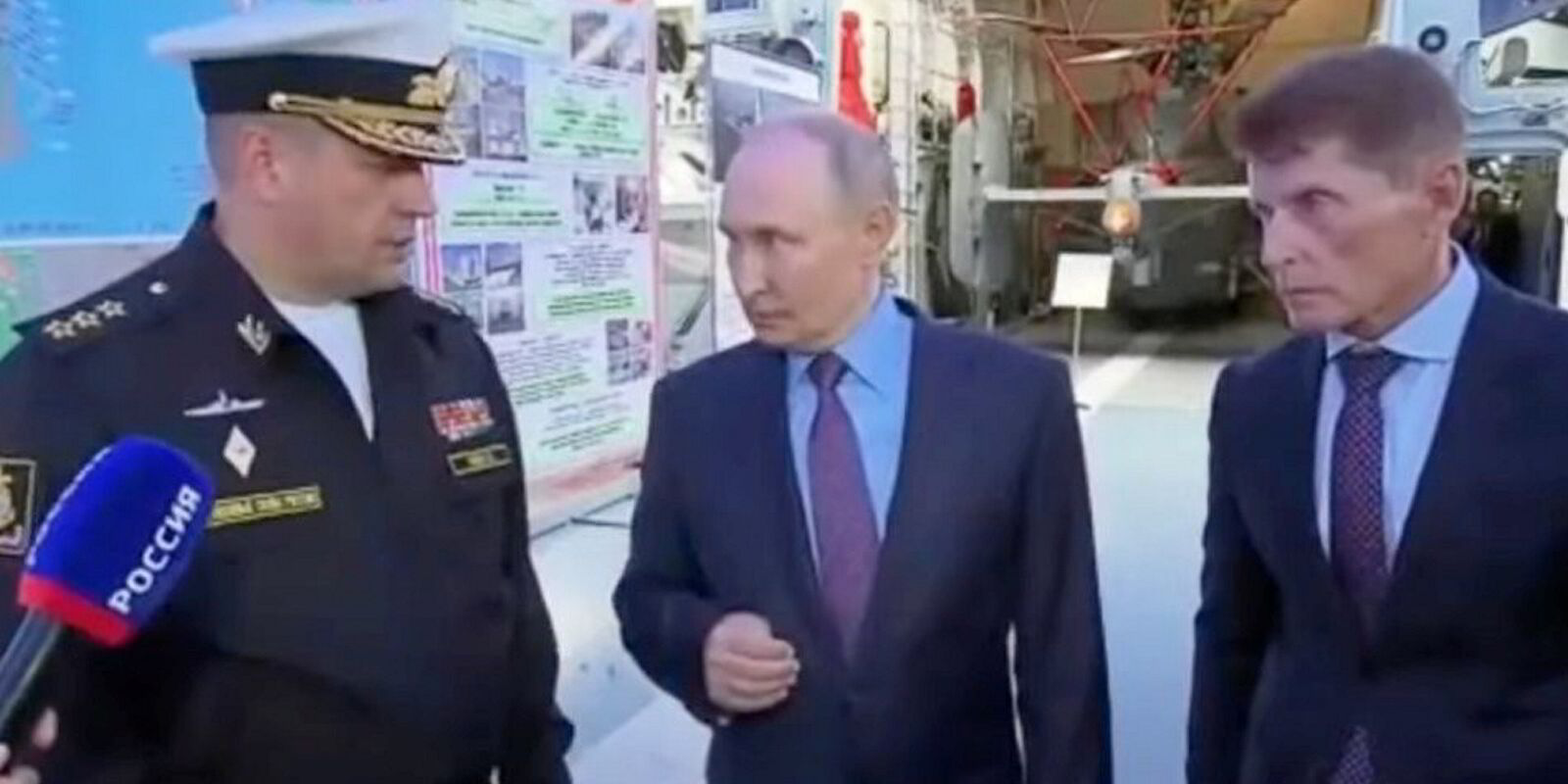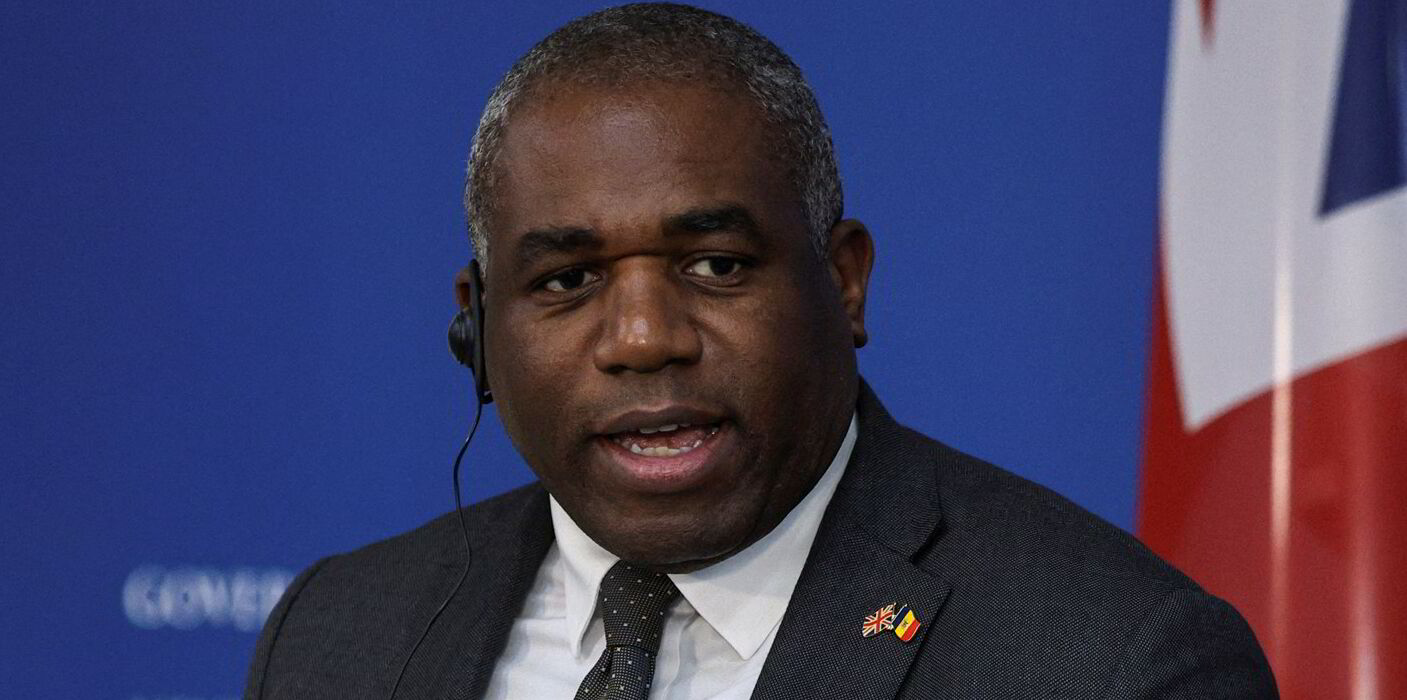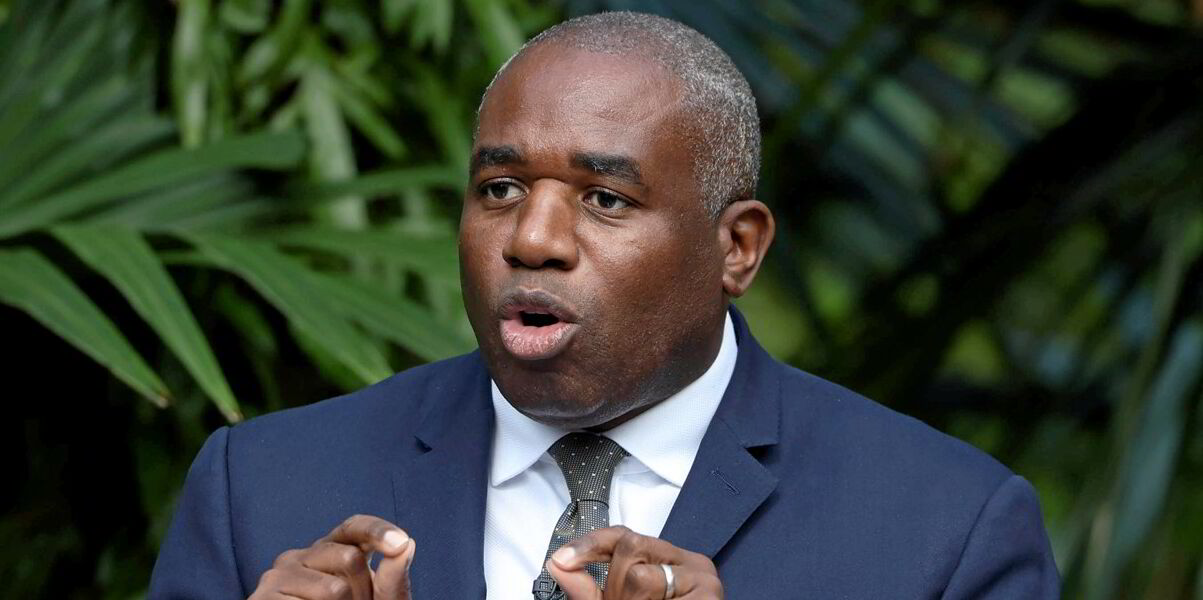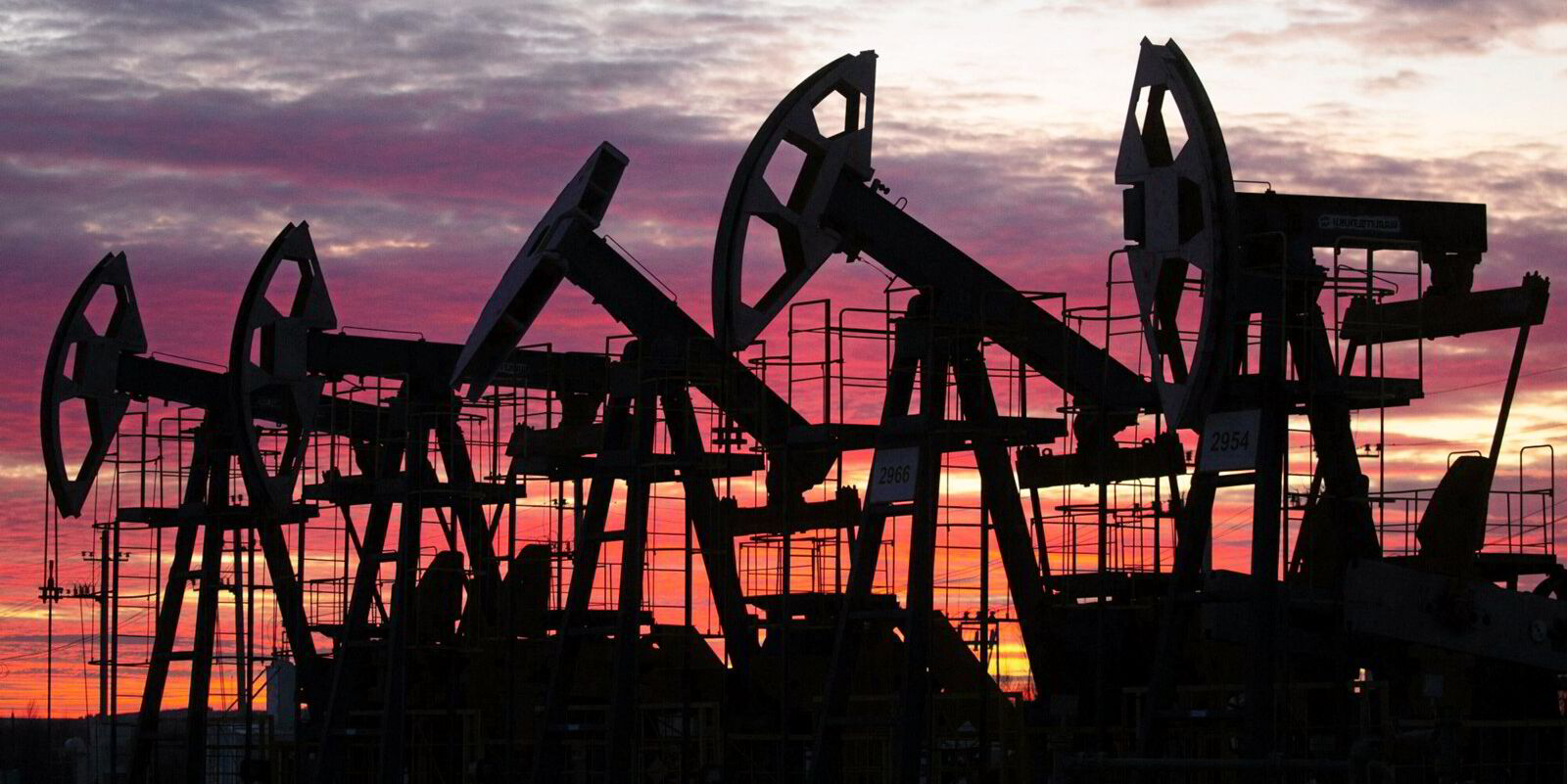A shadow fleet tanker has loaded an oil cargo from a Russian port two days after the UK government cited the vessel as an example of the success of its sanctions policy.
The Cook Islands-flagged 115,341-dwt Sea Fidelity (built 2005) loaded an oil cargo from the port of St Petersburg on Wednesday after weeks of idling in the Baltic Sea after it was designated in October, according to Kpler and Sea.live ship tracking data.
British officials this week cited the Sea Fidelity and a second tanker, the Gabon-flagged 116,905-dwt Artemis (built 2007) as examples that its targeting of the shadow fleet was having a concrete impact by stopping them from trading.
Despite loading 560,000 barrels of Russian oil, the Sea Fidelity remained at anchor in the Baltic Sea on Thursday in a possible sign that the sanctions were still having a disruptive effect on the vessel’s normal trading activity.
Sanctions experts have told TradeWinds that loading the oil cargo is the easy part for a ship under sanctions — finding a customer willing to take it is harder.
The Sea Fidelity passed through the English Channel 10 times this year before being sanctioned by the British government.
It has hauled oil from Russian ports to India, Turkey and Morocco in 2024, according to Kpler data.
It last delivered a crude cargo to a refinery in Gujarat, India, on 9 September before ballasting back to the Baltic where it has remained since then.
The vessel is owned by single ship company Elory Logistics, which gives its address care of Lagos-based ship manager TK Maritime. TK Maritime has been contacted for comment.
The UK unveiled a new round of sanctions on Monday, blacklisting 30 ships and two Russian insurance companies.
The listing included a ship that declined to give its insurance details when challenged by British authorities travelling through the English Channel in a new tactic.
That has taken the total of ships designated by the UK to 73.
The US and European Union have also combined sanctioned nearly 60 ships, with some appearing on all three lists.
The blacklisting of ships by the US appears to have had the greatest impact on limiting ships trading, attributed to the global power of the dollar and the powerful US sanctions enforcement machinery.
“I have used the tool of sanctions pretty aggressively against Russia and the Russian shadow fleet, particularly,” UK foreign secretary David Lammy told MPs on Wednesday.
“I think we now have more sanctions against Putin in his shadow fleet than any other country in the world at this point.”

The impact of the sanctions remains a key topic of debate. Government officials from G7 nations believe it has had a significant impact on Russian revenues, including a $10bn cost to build an alternative fleet.
But Russian oil flows have not significantly changed and protection and indemnity clubs have complained that the onerous demands of the measures and the oil price cap have prompted some shipowners to seek alternative non-G7 cover to keep trading in Russia.
Enforcement
Frontline chief executive Lars Barstad on Wednesday said Western sanctions on Russia were “somewhat flaky” and called for more help on tackling the shadow fleets.
Campaign groups have also complained that the regime has been undermined by a lack of enforcement.
UK foreign secretary David Lammy told MPs on the parliamentary foreign affairs select committee on Wednesday that the government was reviewing the way the system was working.
“Enforcement is key. We raised this as an issue. In fact, I think it was more or less a cross-party issue… that enforcement was just not where you’d expect it to be.”
Read more
- European Union has 48 tankers in sanctions sights in effort to choke off Russia’s oil revenue
- Expect more fines for Russia sanctions breaches, says UK’s top enforcer
- UK’s biggest shipping sanctions package targets tankers and Russian insurance companies
- Flag-hopping VLCC sold again as vintage tanker values take a tumble
- Russia tipped to close three drone-hit refineries in blow to shadow fleet







